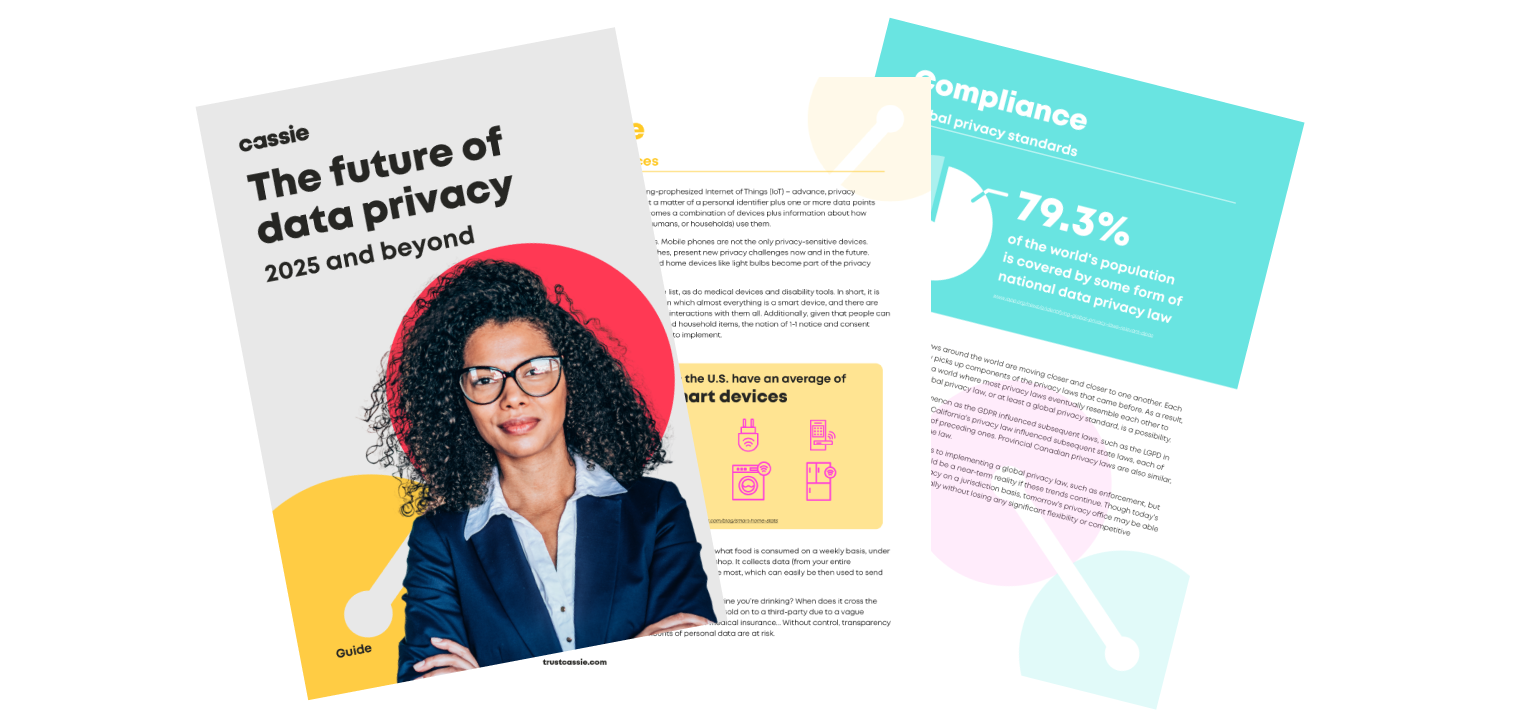Emerging tech to prepare for now, according to Gartner
Posted: December 16, 2024
As technology continues to evolve every day, staying ahead of the curve is crucial for professionals working within fast-paced enterprise scale organizations.
These companies are seen to be at the cutting-edge of innovation, so understanding and adoption of upcoming technologies is essential.
To support this, every year Gartner analyses more than 2,000 technologies and frameworks to identify a list of ‘emerging’ tech. This shortlist highlights advancing technology that can potentially reimagine how businesses operate over the next five to ten years.
There are 25 disruptive technologies divided into four themes: autonomous AI, developer productivity, total experience, and human-centric security and privacy programs (including AI TRiSM).
Interestingly, GenAI is listed as over the ‘peak of inflated expectations’ and heading for the ‘trough of disillusionment’. As a result, autonomous AI is gaining pace. But technology leaders also need to consider other technologies outside of AI that have the potential to revolutionize customer and employee experiences.
Read on for more insights across the four themes…
Autonomous AI: Embedding reasoning
Autonomous AI is at the forefront of this technological revolution. By embedding reasoning capabilities, autonomous agents can now access data, maintain context memory, and orchestrate multiple models simultaneously.
This advancement not only enhances decision-making processes but also paves the way for more sophisticated applications of AI and reinforcement learning. For developers, this means increased productivity and the ability to package applications faster, leveraging internal developer portals like those used by Spotify.
From a data privacy perspective, the integration of reasoning in AI systems raises significant concerns. The ability of AI to access and process vast amounts of data necessitates stringent data governance frameworks to ensure compliance with regulations such as GDPR and CCPA. Organizations must implement secure data anonymization techniques and ensure transparency in AI decision-making processes to mitigate risks associated with data breaches and unauthorized data usage. AI legislation is well underway across the world, so organizations need to prepare now by ensuring they have clear audit trails of where the data used to train AI has been collected from and with what consent.
Total Experience: Bridging digital and physical realms
The concept of Total Experience (TX) is gaining traction, emphasizing the seamless integration of digital and physical experiences. Digital twins, for instance, allow businesses to simulate customer reactions to products, enabling continuous improvement. This holistic approach ensures that every touchpoint, whether digital or physical, contributes to a cohesive and engaging customer journey.
However, the collection and analysis of data across multiple touchpoints can lead to potential privacy issues. Companies must ensure that they obtain explicit consent from users before collecting their data and provide clear information on how the data will be used. Additionally, implementing privacy-by-design principles can help in creating systems that inherently protect user data, thereby building trust and ensuring compliance with data protection laws.
6G and spatial computing: The future of connectivity
Looking ahead, the advent of 6G technology, expected by 2028, promises to embed AI natively, revolutionizing connectivity. Alongside this, spatial computing is set to transform how we interact with digital environments, offering immersive 3D experiences that blur the lines between the virtual and real worlds.
The increased connectivity and data exchange facilitated by 6G and spatial computing present both opportunities and challenges. On one hand, these technologies can enhance user experiences and drive innovation. On the other hand, they also increase the risk of data breaches and cyber-attacks. Organizations must invest in advanced cybersecurity measures and ensure compliance with evolving data protection regulations to safeguard user data and maintain trust.
Superapps: The all-in-one solution
Superapps like Alipay and WeChat are redefining user experiences by consolidating multiple functionalities into a single interface. These platforms offer various modalities, catering to diverse user needs and preferences. For businesses, adopting a superapp strategy can enhance user engagement and streamline service delivery.
While superapps offer convenience, they also pose significant privacy risks. The consolidation of multiple services into a single platform means that vast amounts of user data are collected and processed. On the flip side, there’s both opportunity and challenges to the data collected. A user could opt-out of everything and you lose them across multiple brands and digital touchpoints. Or you have more chances to engage and personalize their experience with higher visibility.
Companies must implement robust data protection measures and ensure compliance with data privacy regulations to prevent unauthorized access and misuse of user data. Additionally, providing users with control over their data and ensuring transparency in data processing practices can help in building trust and maintaining compliance.
Human-centric security and privacy
As technology advances, so do concerns about security and privacy. The cybersecurity mesh, characterized by highly centralized management, offers a robust solution to these challenges. Cybersecurity mesh is a modern approach to network security that focuses on securing individual devices and users rather than the entire network.
Federated machine learning further enhances security by enabling decentralized data processing, reducing the risk of data breaches. Federated machine learning, also known as collaborative learning, is a technique that allows multiple entities (often referred to as clients) to collaboratively train a machine learning model while keeping their data decentralized.
Human-centric security and privacy approaches prioritize the protection of individual user data. By implementing decentralized data processing techniques, organizations can minimize the risk of data breaches and ensure compliance with data protection regulations. Additionally, adopting a zero-trust security model can help in safeguarding sensitive data and preventing unauthorized access.
AI TRiSM: Addressing ethical concerns
AI TRiSM (Trust, Risk, and Security Management) addresses critical issues such as privacy, hallucinations, and bias in AI systems. By implementing technologies that secure and stabilize AI, businesses can mitigate risks and build trust with their stakeholders. Additionally, disinformation security tools are becoming essential, helping organizations identify and combat false information that could harm their reputation and operations.
The ethical implications of AI are a major concern for businesses and regulators alike. Ensuring that AI systems are transparent, fair, and accountable is crucial for maintaining trust and compliance.
Organizations must implement robust AI governance frameworks and conduct regular audits to identify and mitigate potential biases and ethical issues. Additionally, providing users with clear information on how AI systems make decisions can help in building trust and ensuring compliance with ethical standards.
Final thoughts
The Gartner Hype Cycle for emerging technologies presents a compelling vision of the future, where autonomous AI, total experience, 6G, spatial computing, and superapps converge to create a more connected and efficient world.
As we navigate these advancements, it is imperative for enterprise organizations to stay informed and proactive, leveraging these technologies to drive innovation and maintain a competitive edge.


